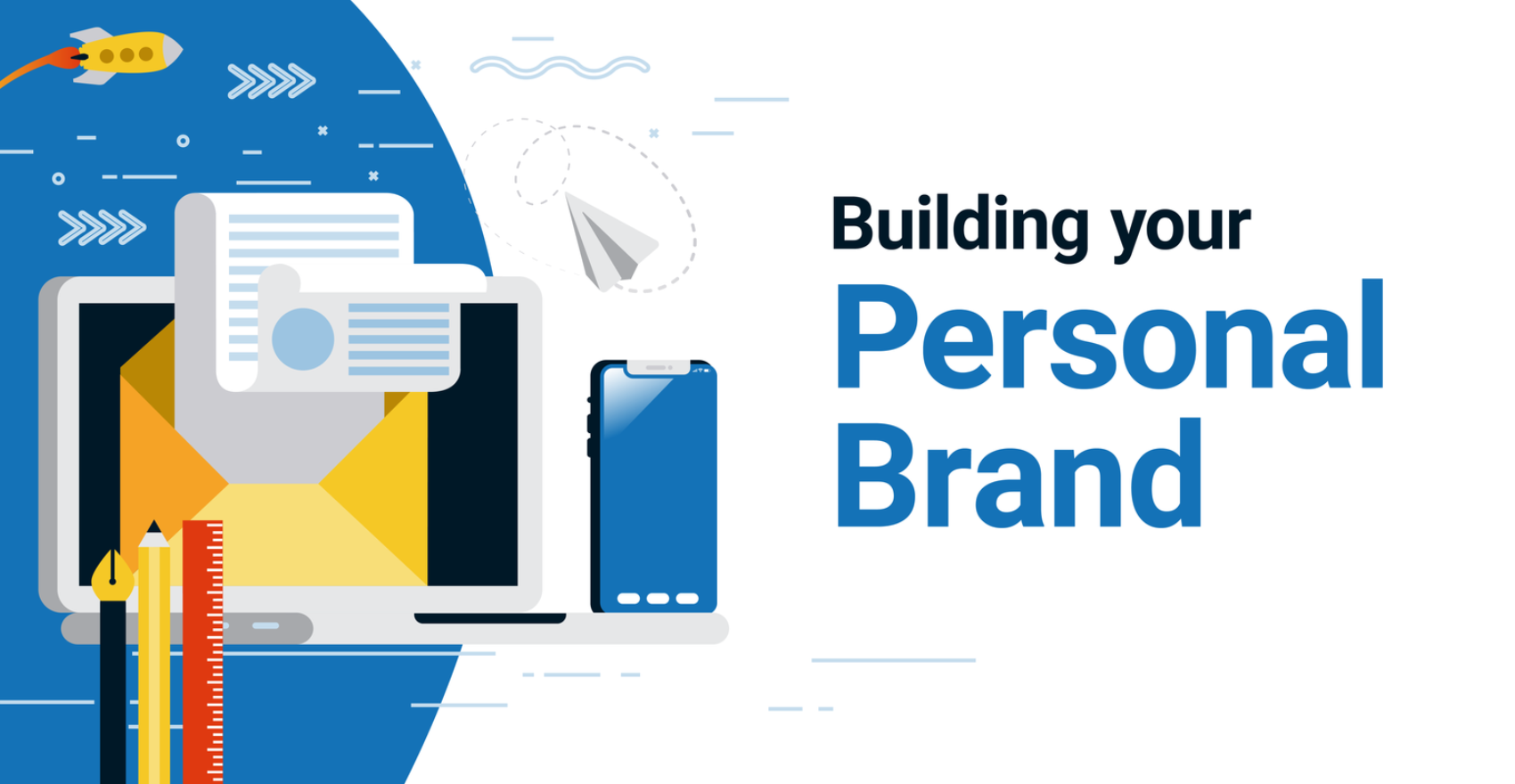Building a Personal Brand as a .NET Expert
- By Azhar Shahzad

In the competitive world of technology, establishing a strong personal brand is crucial for career growth and professional recognition. As a .NET developer, building your brand involves showcasing your expertise while connecting with the broader tech community. Here’s how you can leverage public speaking, writing, and networking to become a recognized .NET expert.
1. Public Speaking
Importance of Public Speaking
Public speaking is a powerful way to enhance your visibility and credibility within the .NET community. It not only builds your confidence but also hones your communication skills, allowing you to convey complex technical concepts clearly and effectively.
Choosing Relevant Topics
Focus on areas within the .NET ecosystem that you are passionate about and have deep knowledge in. Topics that address current trends, challenges, and innovative solutions will resonate more with your audience and establish you as a thought leader.
Practice and Preparation
Effective public speaking requires thorough preparation and practice. Rehearse your presentations multiple times to ensure you deliver your content confidently. Structure your presentation to include a clear introduction, body, and conclusion. Use storytelling and real-world examples to make your points more relatable and engaging.
Engaging with Events
Participate in .NET conferences, meetups, and webinars. These events provide excellent platforms for you to share your knowledge and connect with other professionals. Networking at these events can open doors to new opportunities and collaborations.
2. Writing
Starting a Blog
Blogging is a powerful tool for personal branding. It allows you to share your insights, tutorials, and experiences related to .NET development. Consistency is key; regularly publishing high-quality content will help you build a loyal readership.
Guest Blogging
Contributing to established tech blogs can significantly expand your reach. Identify reputable blogs that align with your expertise and pitch your ideas. Writing guest posts on these platforms can introduce you to a wider audience and boost your credibility.
Technical Documentation
Clear and thorough technical documentation is highly valued in the tech community. Contribute to open-source projects or create your own libraries and document them meticulously. This not only helps other developers but also showcases your attention to detail and expertise.
3. Networking
Engaging in Online Communities
Join and actively participate in online forums such as Stack Overflow, GitHub discussions, and Reddit. Providing helpful answers and engaging in discussions can establish you as a knowledgeable and approachable expert.
Leveraging Social Media
Establish a strong presence on platforms like Twitter, LinkedIn, and GitHub. Share your projects, thoughts, and industry news. Interact with other developers, join discussions, and build a network of like-minded professionals.
Attending Local Meetups
Face-to-face networking can be invaluable. Attend .NET user groups or consider starting one if none exist in your area. These meetups offer opportunities to share knowledge, collaborate on projects, and build meaningful connections.
4. Open Source Contributions
Benefits of Contributing to Open Source
Contributing to open-source projects demonstrates your skills, collaboration ability, and commitment to the community. It’s a great way to showcase your expertise and make a tangible impact.
How to Start Contributing
Find suitable .NET projects on GitHub that align with your interests and skills. Start with small contributions like bug fixes or documentation improvements. As you become more comfortable, take on more significant tasks. Maintain your own projects to establish your credibility further.
5. Continuous Learning
Staying Updated with .NET Advancements
The tech industry evolves rapidly, and continuous learning is essential. Stay updated with the latest .NET advancements, tools, and frameworks through blogs, webinars, and courses. This not only enhances your skills but also keeps your content relevant.
Sharing Your Learning Journey
Documenting and sharing your learning experiences can be incredibly valuable. Write about new tools, frameworks, and techniques you’ve learned. Creating tutorials and guides not only reinforces your knowledge but also helps others in their learning journey.
6. Personal Website or Portfolio
Creating a Professional Website
A personal website or portfolio serves as a centralized hub for your personal brand. Include essential elements such as your projects, articles, and speaking engagements. A professional website makes it easy for potential employers, collaborators, and followers to find and learn about your work.
Showcasing Your Work
Present your projects and achievements effectively. Use visuals, detailed descriptions, and case studies to highlight your skills and contributions. A well-organized portfolio can significantly enhance your professional image.
7. Feedback and Iteration
Seeking Feedback
Constructive feedback from peers, mentors, and the community is invaluable. Actively seek feedback on your presentations, writing, and projects. Use this feedback to refine your content and approach.
Continuous Improvement
Embrace a mindset of continuous improvement. Regularly update and iterate on your content, presentations, and projects based on feedback and new learnings. Staying adaptable and open to change will help you stay relevant and improve over time.
8. Conclusion
Building a personal brand as a .NET expert involves consistent effort and strategic actions in public speaking, writing, and networking. By leveraging these strategies, you can establish yourself as a recognized expert, build a strong professional network, and enhance your career opportunities in the tech industry. Start today, and let your expertise shine through!
Recent post
Jul 24, 2024
Building a Personal Brand as a .NET ExpertJul 07, 2024
Exploring the Latest Features of .NET 6Have a project or idea in mind? Let’s connect and build something impactful together.
Get in TouchTags
© 2025 Arwa Technologies | All Rights Reserved